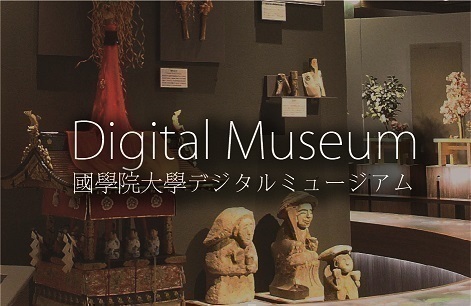- トップ
- Encyclopedia of Shinto
- Kurozumi Munetada
Encyclopedia of Shinto
| Main Menu: | |
| Links: |
詳細表示 (Complete Article)
| カテゴリー1: | 8. Schools, Groups, and Personalities |
|---|---|
| カテゴリー2: | Personalities |
| Title | Kurozumi Munetada |
| Text | (178-185) Founder of Kurozumi-kyō. Born on the twenty-sixth day of the eleventh month (December 22), 1780, namely, the winter solstice, in the village of Kaminakano, in the Mino District of Bizen Province (present-day Okayama Prefecture). The third son of Kurozumi Muneshige, a Suppliant Priest (negi) at the shrine Imamuragū, he adopted the name Sakyō Munetada when he himself became negi in 1824. Deeply filial and possessing a deep religious faith, he came to the state of complete mental and physical breakdown following the death of his parents in 1812. On the morning of the winter solstice of 1814, however, he underwent an experience which he described as "swallowing the sun," thereby becoming mystically unified with the Sun Goddess (Amaterasu), an event the tradition calls the "Direct Receipt of the Heavenly Mission" (tenmei jikiju). Kurozumi began proselytizing the following year, centering his efforts on lecturing and performing religio-magical invocations (majinai), which before long attracted an increasing number of adherents from a wide range of social strata, including members of the warrior class. Kurozumi's sermons were extemporaneous, discussing whatever was on his mind that day, leading to the name "stream of consciousness sermons" (ukabi no mama no sekkyō). A simple summary of the principle tenets of the faith founded by Munetada can be found in the seven-article Hibi kanai shintoku no koto (Daily Rules for the Household), and while he did not formally collecti his teachings in a body of scripture, his scattered waka poetry expresses the essence of his teachings. Kurozumi died on twenty-fifth day of the second month of 1850, at the age of seventy-one. See also Kurozumi-kyō. - Inoue Nobutaka |




